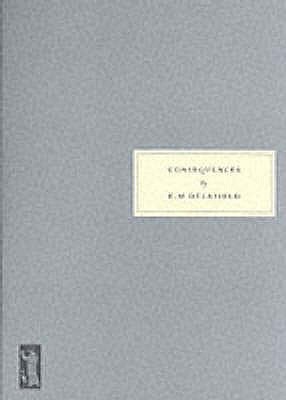What do you think?
Rate this book


421 pages, Paperback
First published January 1, 1919
Alex sometimes felt that she was not alive at all— that she was only a shade moving amongst the living, unable to get into real communication with any of them.
"Oh, my darling!" she exclaimed in sudden flattened tones, "don't go and get a reputation for being clever, whatever you do. People do dislike that sort of thing so much in a girl!"
She had ceased to wonder whether life would ever offer anything but this mechanical round of blurred pain and misery[…]
"The central character, for whose depiction and for the working out of whose destiny the novel seems to have been written, is the eldest daughter of a wealthy and aristocratic family, Alex Clare, who had the misfortune of being a neurotic young girl before science and society had discovered how profoundly interesting and important neurotics are."